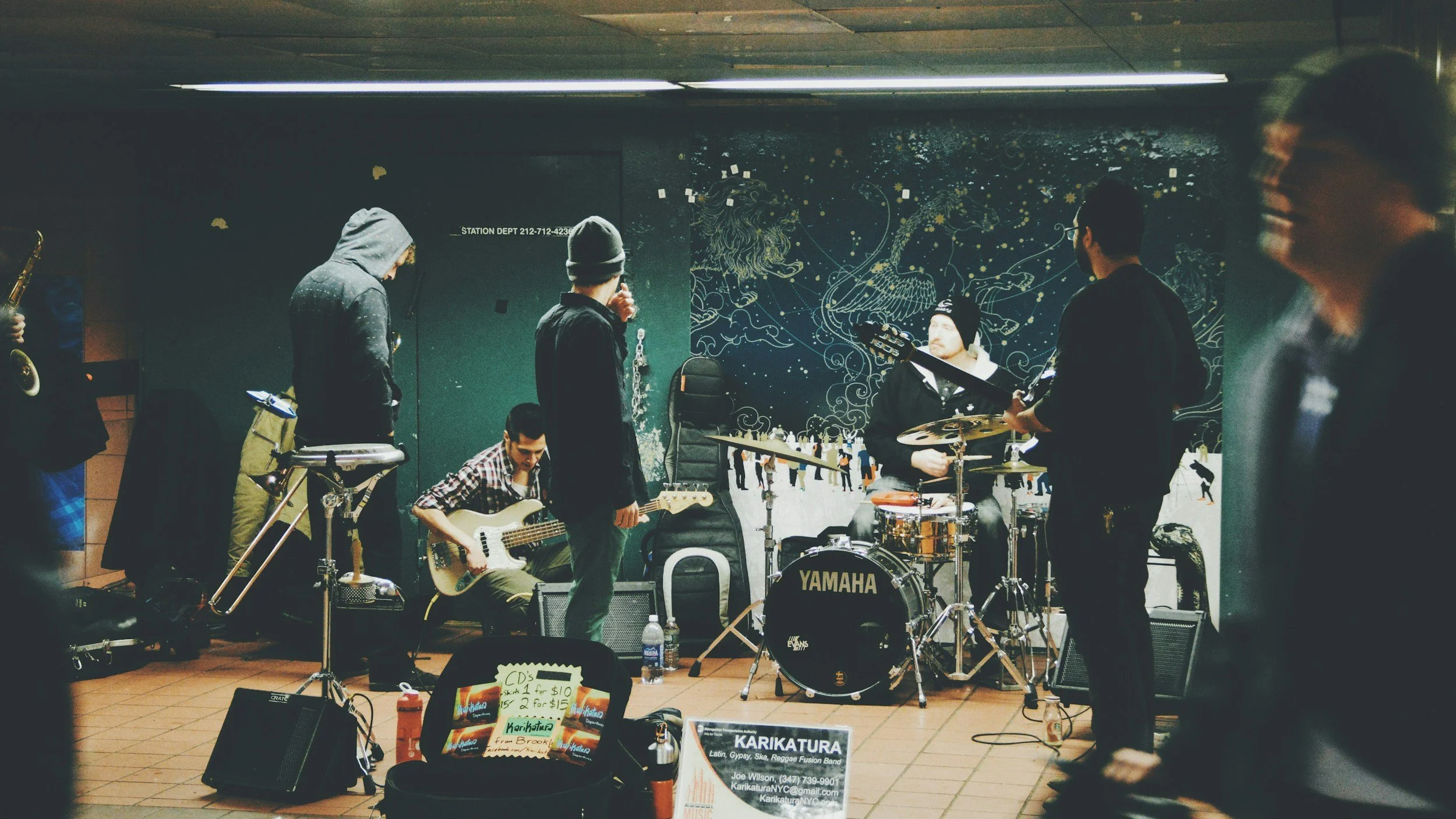Op-Ed: Why Music Is More Than Just Content
In today’s fast-paced, hyper-digital world, there’s an increasing conflation of music with “content.” It’s an easy mistake to make after all, both fill our feeds, compete for attention, and are monetized in clicks and streams. But as someone who works closely with artists navigating the chaotic landscape of emerging music careers, I’m deeply concerned by the growing trend of equating music-making with general content creation.
It’s not just a semantic issue. This mindset is actively harming artists, especially those at the beginning of their journey.
Music Isn’t Just “Content”. It’s Craft
When we refer to music as “content,” we diminish the labor, skill, and vulnerability that go into creating it. A TikTok or a meme can be clever and creative, sure but writing a song, arranging instrumentation, refining a vocal performance, and producing a final mix is a different kind of artistry. It requires time, training, emotional depth, and an ecosystem of collaborators.
Treating music like disposable content undermines this. It nudges young artists toward prioritizing speed and virality over depth and quality. We’re seeing musicians burn out not from the act of making music, but from the pressure to constantly package and market it as if it were no different than a skit or vlog.
The Algorithm Wasn’t Built for Art
Social platforms reward frequency, trend-following, and immediate engagement. Music rarely thrives under those conditions. A great record might take months or years to produce. It might not make sense in a 15-second clip. And it might challenge listeners instead of appeasing them.
But when musicians are told they need to be content creators first, they start adapting their output to feed the algorithm, not their artistry. Songs get shorter. Releases get rushed. The pressure to “go viral” shapes not just promotion, but the music itself.
What does that do to our culture? It devalues voices that don’t conform. It punishes experimentation. And it sets unrealistic standards for success that are less about musical integrity and more about social media performance.
Emerging Artists Deserve Better Models
This is especially damaging for up-and-coming artists, who are often told they need to “build a following” before anyone will take their music seriously. The unspoken implication is: your music isn’t enough on its own. That’s a cruel message to send to someone pouring their soul into a record they can’t afford to finish because they’re too busy trying to trend.
We need to reframe how we support and talk about emerging musicians. Their value doesn’t come from their content cadence—it comes from their perspective, voice, and the stories they tell through music. We should be building ecosystems that let them focus on craft—not just growth hacks.
Let Music Be Music
This isn’t to say that social media isn’t a useful tool, or that musicians shouldn’t embrace video, visuals, and personality-driven outreach. But the foundation must be music—not metrics.
We have to remember: music isn’t just content. It’s connection. It’s culture. It’s a form of expression that’s been with humanity far longer than any platform or device.
If we reduce it to just another piece of content in the scroll, we risk losing not just great songs—but the artists who might’ve made them, if only we’d given them the space to be musicians first.
Kate Corrado is a writer, strategist, and advocate for independent artists, working at the intersection of music, media, and culture. She’s committed to building a more sustainable, artist-first music industry where creativity is prioritized over algorithms.


